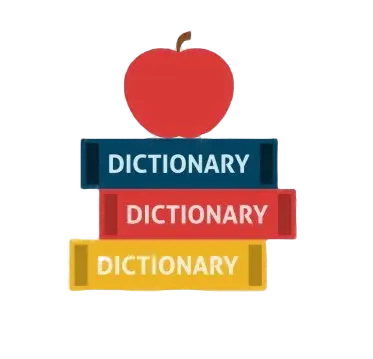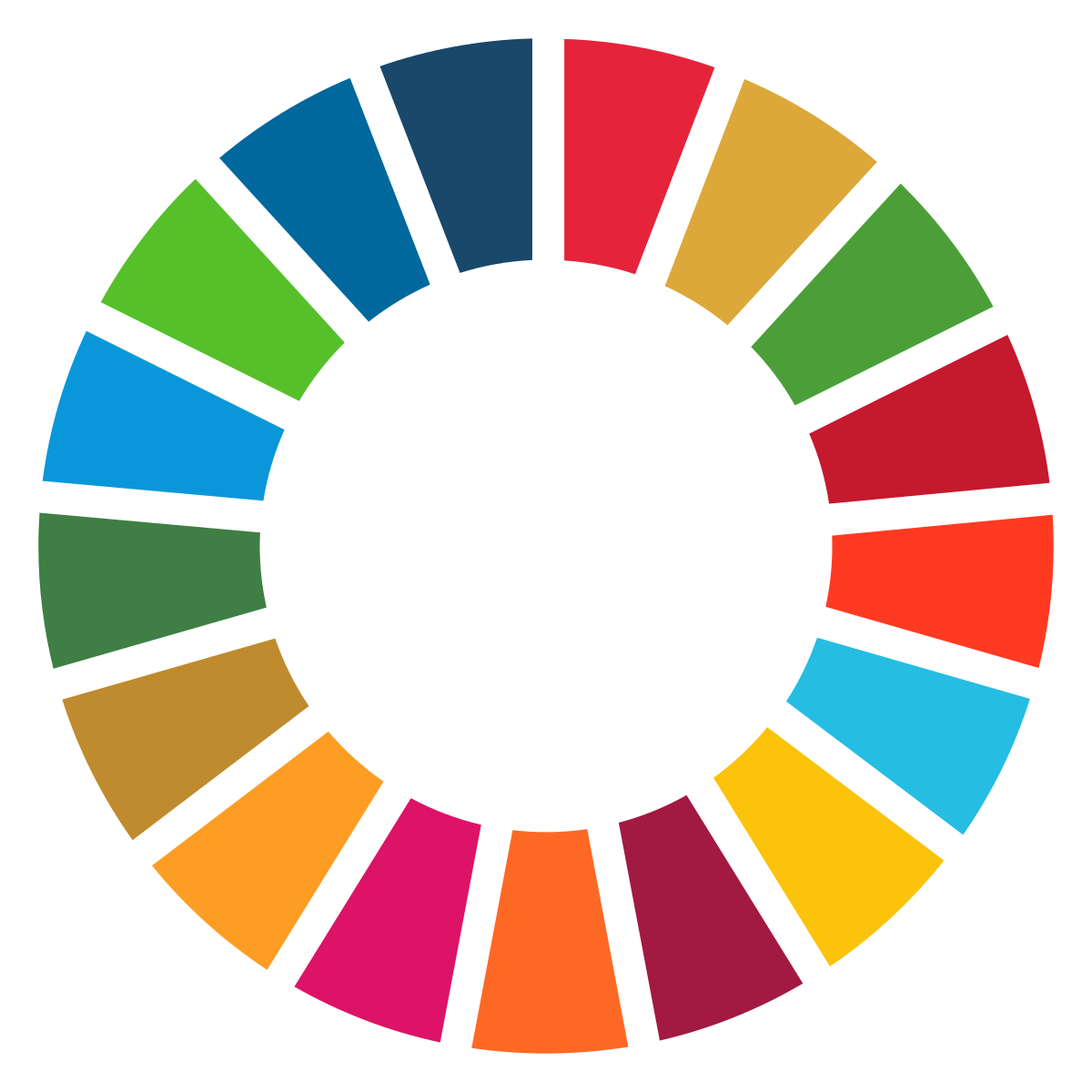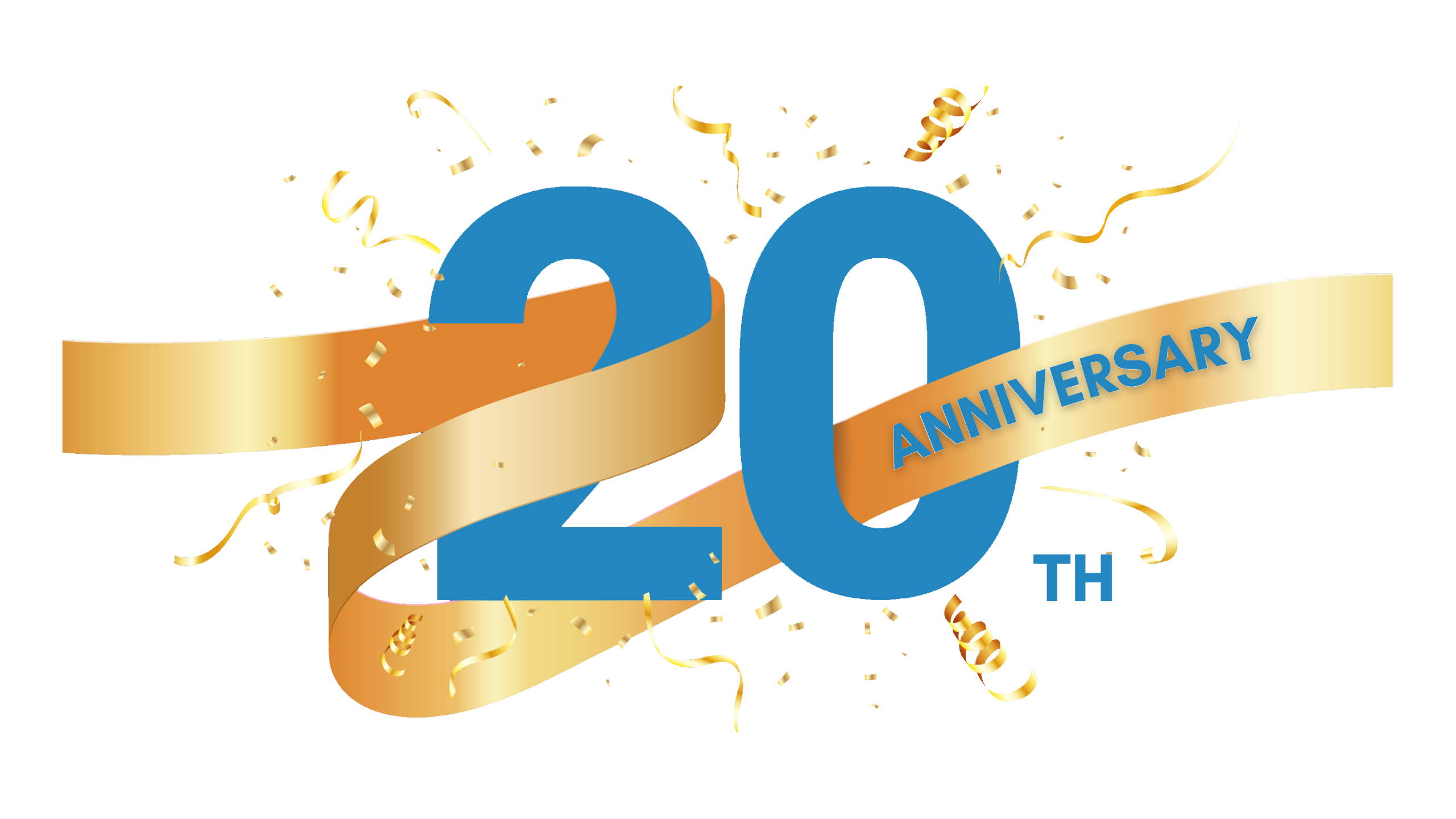List of online sustainability courses
Online sustainability courses from top world universities. 

ESG learning Resources [pdf]
Free and lost cost education materials to build knowledge and skill. 

Healthy Materials Lab
A design research lab at Parsons School of Design dedicated to a world in which people’s health is placed at the center of all design decisions. Raising awareness about toxics in building products and to creating resources for the next generation of designers and architects to make healthier places for all people to live. Lots of resources across site. 

Circular economy Club - Education
Comprehensive list of courses, forums and more to engage in CE work. 

Kate Raworth , Doughnut Economics: Seven Ways to Think Like a 21st Century Economist
Economics is broken. It has failed to predict, let alone prevent, financial crises that have shaken the foundations of our societies. Its outdated theories have permitted a world in which extreme poverty persists while the wealth of the super-rich grows year on year. And its blind spots have led to policies that are degrading the living world on a scale that threatens all of our futures. Can it be fixed? In Doughnut Economics, Oxford academic Kate Raworth identifies seven critical ways in which mainstream economics has led us astray, and sets out a roadmap for bringing humanity into a sweet spot that meets the needs of all within the means of the planet. 

The Eight Manifestations of GNH- multiple meanings of a development alternative [pdf] 

Doughnut Economics Action Lab
The Doughnut offers a vision of what it means for humanity to thrive in the 21st century - and Doughnut Economics explores the mindset and ways of thinking needed to get us there. First published in 2012 in an Oxfam report by Kate Raworth, the concept rapidly gained traction internationally, from the UN General Assembly to the Occupy movement. This site builds on that work. 

Yale Program on Climate Change Communication
Yale social scientists studying the causes and consequences of public opinion and behavior with relation to climate. 

Divestment map
Interesting visualization of who has been divesting from fossil fuels by GoFossilFree. 

The Donella Meadows Project
Dr. Donella H. Meadows, a Pew Scholar in Conservation and Environment and a MacArthur Fellow, was one of the most influential environmental thinkers of the twentieth century. After receiving a Ph.D in biophysics from Harvard, she joined a team at MIT applying the relatively new tools of system dynamics to global problems. She became principal author of The Limits to Growth (1972), which sold more than 9 million copies in 26 languages. She went on to author or co-author eight other books. This site preserves her legacy and is a source of great resources. 

Marine Litter Vital Graphics [pdf]
Incredible report detailing and visualizing marine litter. 

GRID Arendal
GRID-Arendal is a non-profit environmental communications centre which transforms environmental data into innovative, science-based information products and provide capacity-building services. They aim to inform and activate a global audience and motivate decision-makers to effect positive change. GRID-Arendal collaborates with the United Nations Environment Programme and other partners around the world. 

UN Environment, 2018: Mapping of global plastics value chain and plastics losses to the environment [pdf]
This report provides a comprehensive global mapping of plastic losses to the environment throughout the plastic value chain using 2015 as the reference year. This mapping covers plastics production and processing, use of plastics or plastic containing products, and disposal of the products. 

Stockholm Resilience Centre
An international research centre on resilience and sustainability science at the University of Stockholm. 

SUSTAINABLE LIFESTYLES options & opportunities [pdf]
This publication provides a sample of opportunities that can be tailored and applied at the city level to introduce and promote more sustainable lifestyles. Its aim is to enhance understanding of what are more sustainable ways of living and to raise awareness of what can be done, including actions inspired by efforts in the field. 

One Planet Network
The One Planet network is a global community of practitioners, policymakers and experts, including governments, businesses, civil society, academia and international organisations, that implements the 10-Year Framework of Programmes on Sustainable Consumption and Production and works towards achieving SDG 12: ensuring sustainable patterns of consumption and production.
It is comprised of thousands of individual members; six thematic programmes and their partner organisations; numerous working groups; and over 140 national focal points for sustainable consumption and production within country governments. Serving as the secretariat of the 10YFP, the United Nations Environment Programme facilitates the One Planet network.
Collectively, the One Planet network holds enormous experience and expertise on sustainable consumption and production, and houses a global repository of projects, policies, tools and resources. 

IGES – Institute for Global Environmental Strategies
The Institute for Global Environmental Strategies (IGES) was established in March 1998 under an initiative of the Japanese government and with the support of Kanagawa Prefecture based on the “Charter for the Establishment of the Institute for Global Environmental Strategies”. The aim of the Institute is to achieve a new paradigm for civilization and conduct innovative policy development and strategic research for environmental measures, reflecting the results of research into political decisions for realising sustainable development both in the Asia-Pacific region and globally. 



